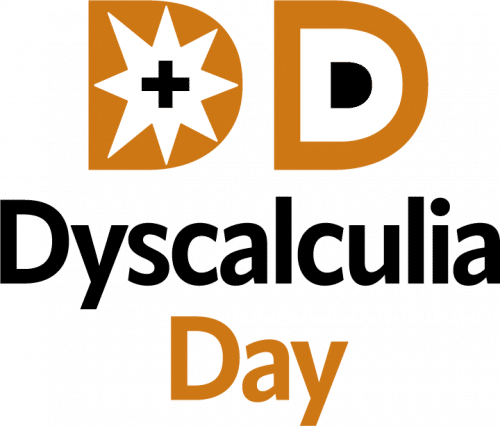The report of the Phase 1 Comparative Analysis of Laws and Regulations in the 5 European countries participating in the Dyslexia@Work project has been published.
The Comparative Analysis document summarizes and compares the laws and other regulations implemented in the 5 European countries participating in the dyslexia@work.eu project (Italy, France, United Kingdom, Ireland, Malta).
Generally, other European countries differ from Italy since dyslexia in legislative acts is still considered within the scope of disability, and therefore covered by all the rules provided for the conditions of disability. The laws for the school environment are usually separate from those for the world of work, but in some countries there are general rules that apply to both sectors, for example, in UK, the Equality Act.
The implementation of support measures in the workplace usually requires recognition of disability, which is common practice in other countries. Job placement, particularly in the public sector, is also facilitated in other countries, if the person declares his or her dyslexia and this has been recognized as a disability. In Italy, according to law 68/1999, one can access a targeted job placement only if a disability of more than 45% has been recognized.
There are no statistics on the prevalence of dyslexia in the workforce: in the different countries there are only data on the percentage of people with disabilities.
Generally, in the procedures of access to work and then in the workplace, in several countries “reasonable adaptations” are guaranteed, consequent to the condition of disability. With regard to professional qualification and access or qualification exams for various job positions, generally in other countries, in articulated and complex forms, support measures are guaranteed according to the characteristics of the person and the type of tasks required, but always falling into the category of disability.
With regard to driving license exams, in many countries both extra time and the possibility of an assistant reading the questions are available, while in Italy only listening to the audio files relating to the questions is allowed.
While there are several reports of case law in the school environment, those in the workplace are very rare, some examples are reported in Ireland and the United Kingdom, with worker-friendly resolutions under anti-discrimination laws.
The possibility of making the voice of dyslexic people heard at the institutional level is very varied in different countries.
The full report is available to download in English, Italian and French on the project website at https://www.dyslexiaprojects.eu/project-outputs/





